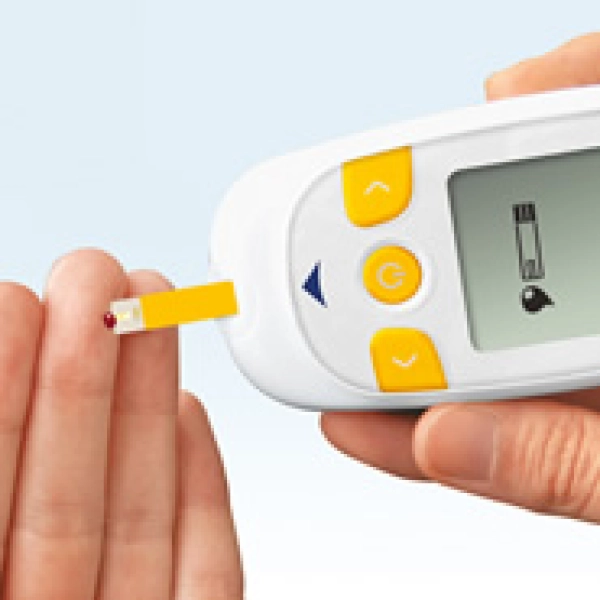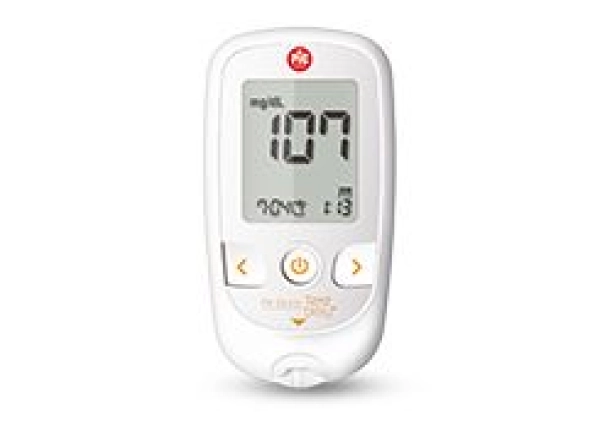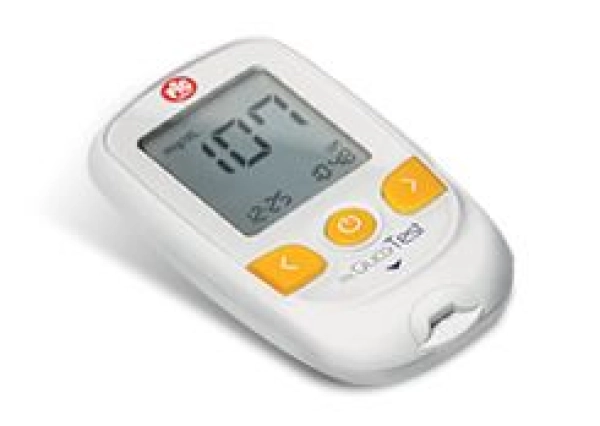

In case of suspect diabetes, your family doctor will not hesitate to order a fasting blood sugar test to precisely check your glycaemia. Normal values are between 70 and 110 mg/dl, while prediabetes or glucose intolerance bring them to 100-125 mg/dl. Overt diabetes is diagnosed with values equal to or above 126 mg/dl. Sometimes, the fasting blood sugar test is paired with a clinical urine test: this is not a diagnostic test for diabetes in and of itself, but is useful to measure how well your body metabolises sugars.
If your glycaemic levels are altered on an empty stomach, they may point to a prediabetic condition. To make a precise analysis of your clinical situation, your doctor may order a test to check your glucose tolerance, known as "oral glucose tolerance test" or under the acronym OGTT. This test assesses how the pancreas reacts to a "bomb dose" of glucose prepared with 75 grams of sugar dissolved in water: your blood will be tested "without load" on an empty stomach and then after 2 hours from drinking this solution. After this "extreme" test, if you don't have diabetes your blood sugar will settle back below 140 mg/dl, while an overt diabetes diagnosis will be given if it remains equal to or above 200 mg/dl.
Even without other symptoms, anyone with one or more risk factors for diabetes should take a screening test. Two warning signs that should definitely be considered are being overweight and having hypertension, i.e. a blood pressure that is constantly equal to or above 140/90 mmHg.
Perhaps you are already aware that diabetes mellitus has a hereditary component: parents can pass the predisposition to this illness down to their children. If any of your first-degree relatives have diabetes, your doctor will likely order a screening test. Remember that knowing your family history is crucial to prevent all chronic diseases, including diabetes.
If you were diagnosed with gestational diabetes during pregnancy and perhaps delivered a baby weighing 4 kilos or more - the threshold for so-called "macrosomia", simply meaning a newborn is larger than average - your doctor will suggest taking a diabetes screening test as soon as possible.
Your doctor will advise you to proceed with specific tests for diabetes also if blood tests reveal your "good" (HDL) cholesterol level is lower than 35 mg/dl or triglycerides are higher than 250 mg/dl.
If your glycaemia, weight, blood pressure and body mass index are all within normal ranges, but you are at least 45 years old, getting tested about every 3 years is still a good idea: follow your doctor's recommendations about getting regular check-ups.






